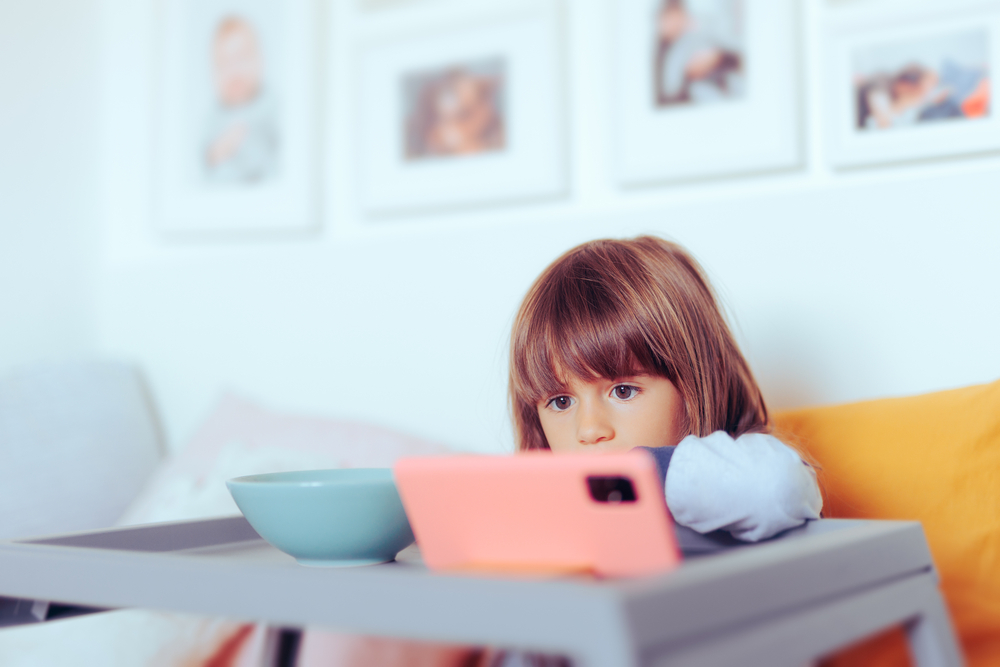A Chinese research team led by Haiwa Wang conducted a study on 15,965 kindergarten-aged children, examining the impact of screen time and media content on mental health. The study found that while educational programs were linked to lower mental health risks, non-educational content, especially child-led viewing and social media, increased these risks. Total screen time, regardless of content, was associated with mental health issues.
“Mental health problems can manifest in early childhood and persist into adolescence and adulthood and have been associated with other adverse outcomes such as worse academic attainment, substance use disorder, and higher rates of disability and mortality,” the researchers write.
“Therefore, it is critical to identify the risk factors for mental health problems in early childhood. Screen exposure is considered an emerging factor, as younger children have become the fastest-growing users of screens.”
This study emphasizes that digital media cannot replace direct parent-child interaction or offline learning. It also notes that non-educational screen content may overstimulate children, while educational content, although slightly less harmful, is still not beneficial for overall mental well-being. This research highlights the importance of engaging children in activities beyond screens, considering the negative impacts of excessive screen time on children’s mental health.
The research was led by Haiwa Wang, Jin Zhao, Zhangsheng Yu, Hao Pan, Saishuang Wu, Qi Zhu, Yuanyuan Dong, Huilin Liu, Yunting Zhang, and Fan Jiang from the Shanghai Children’s Medical Center in China.
















A study on 15,965 kindergarten-aged children led by Haiwa Wang found that while educational screen content was linked to lower mental health risks, non-educational content, especially child-led viewing and social media, increased mental health risks. Total screen time, regardless of content, was associated with mental health issues. The study emphasizes the negative impact of excessive screen time on children’s mental health and highlights the importance of engaging children in activities beyond screens.
Report comment
Although I can’t disagree with the findings as stated, I’m getting the impression that the mental health arena when it comes to minors,at least, is starting to look like nutrition: from recomendations to let kids cry it out, to respect their autonomy in gender issues and self-image, there is nothing more scientifically than fashion.
It goes up and down, side and sideways without solid scientific evidence beyond correlations…
Report comment